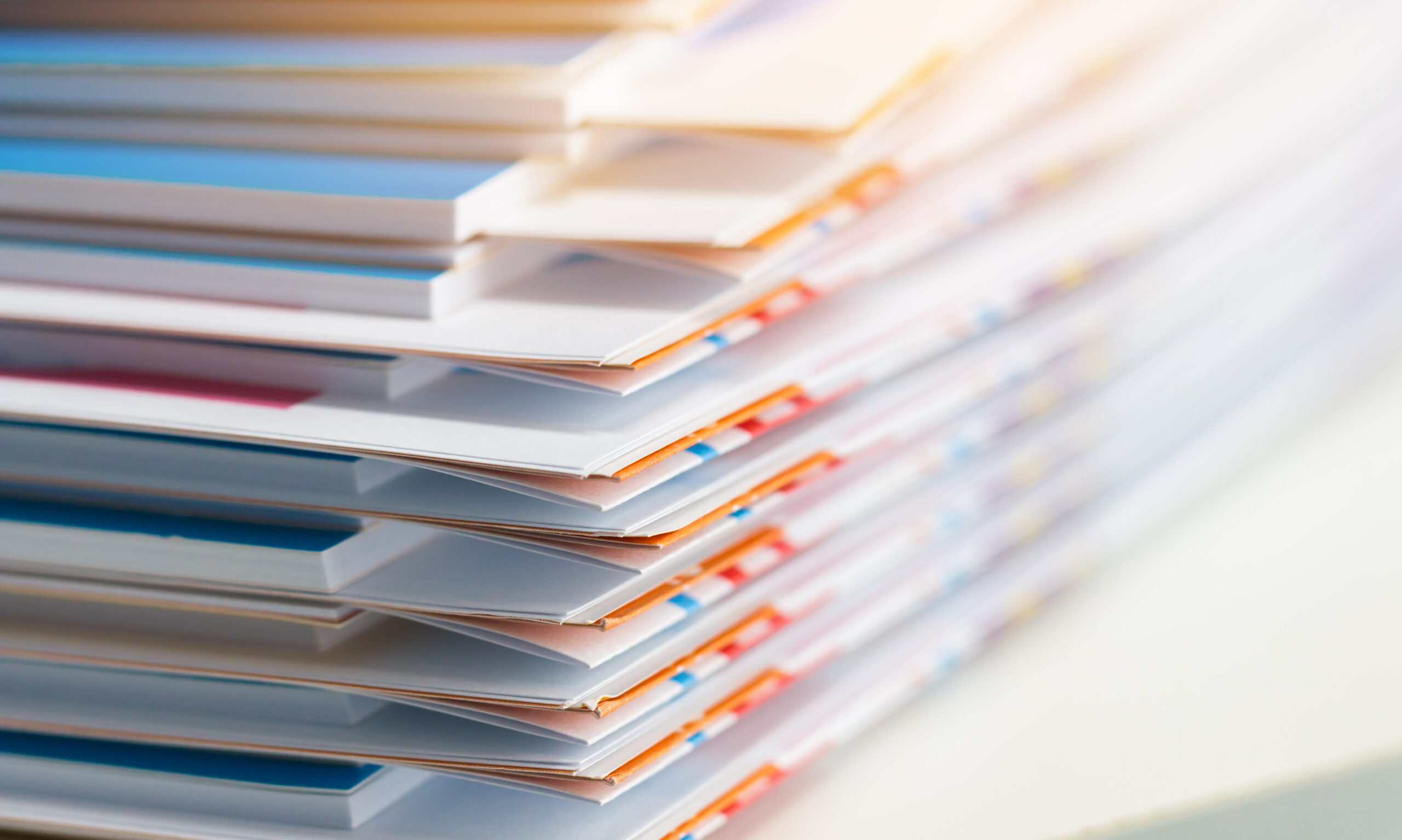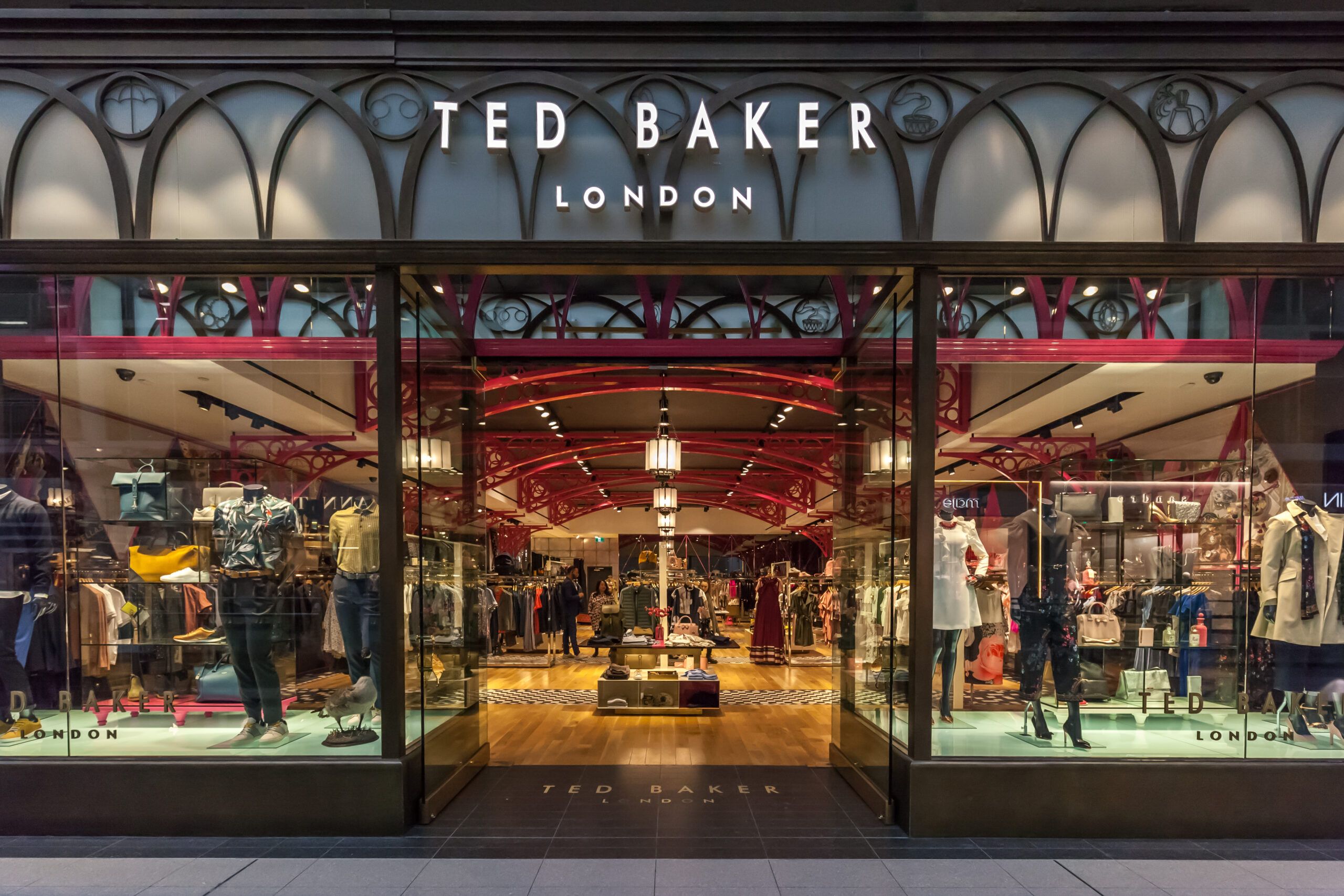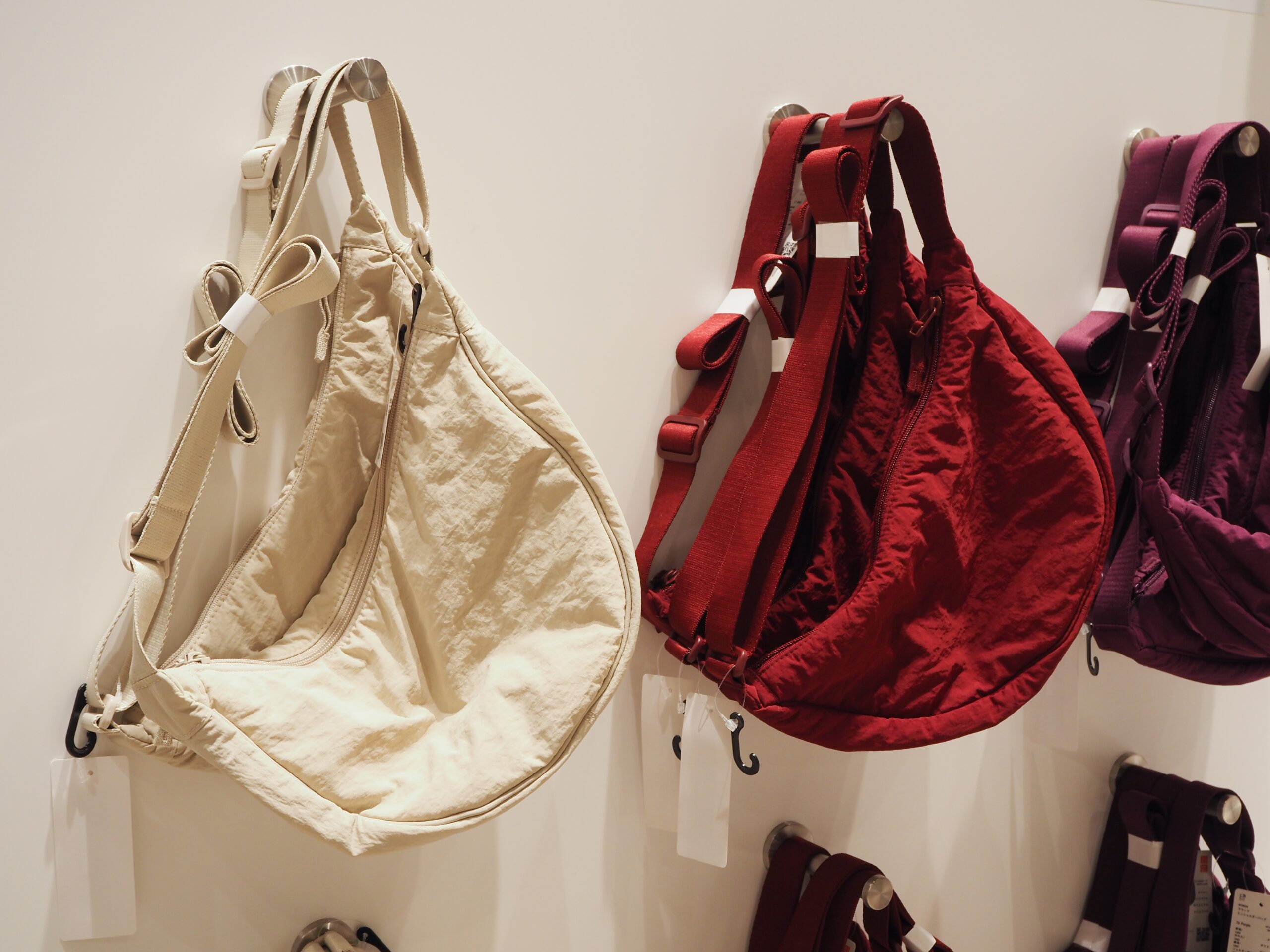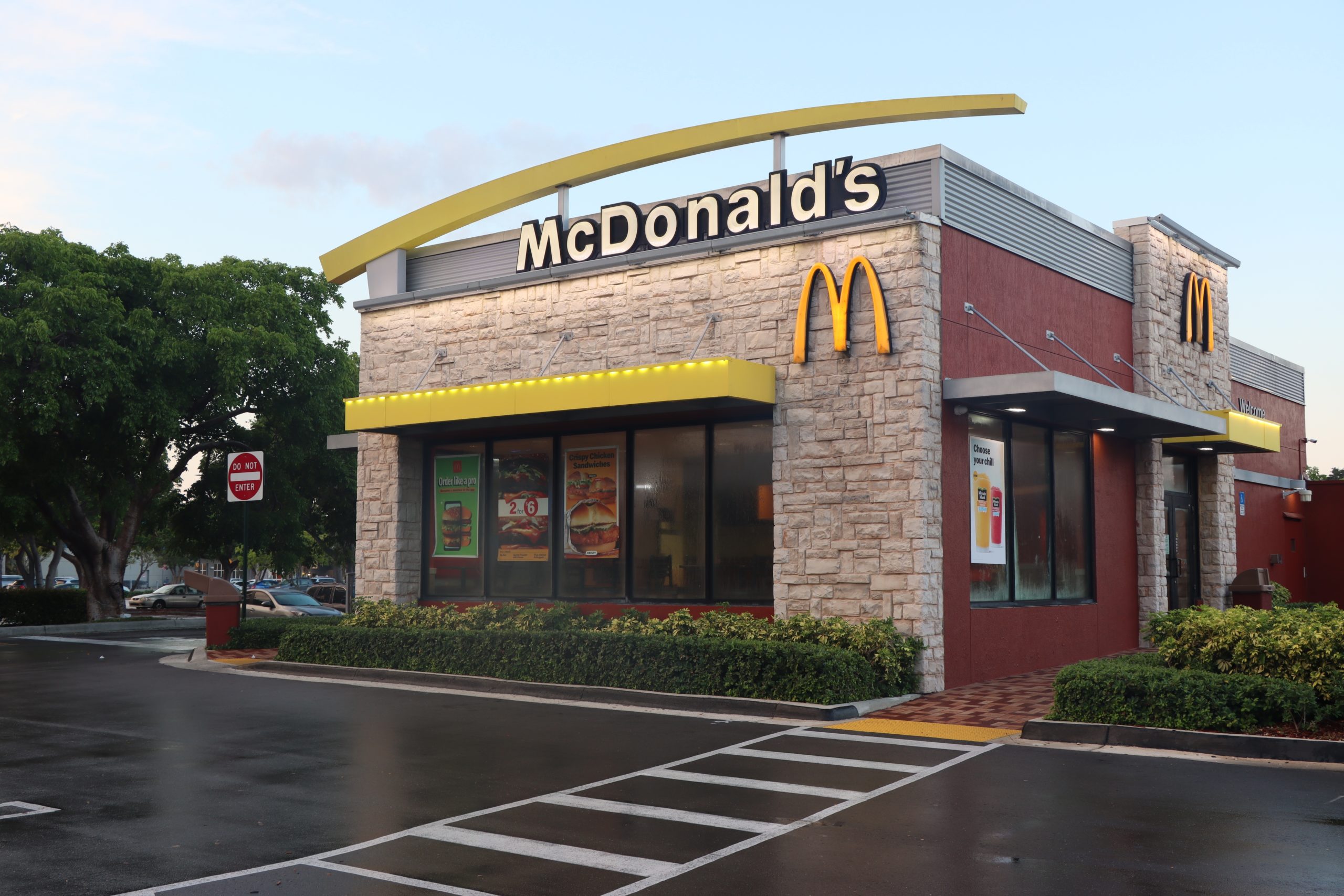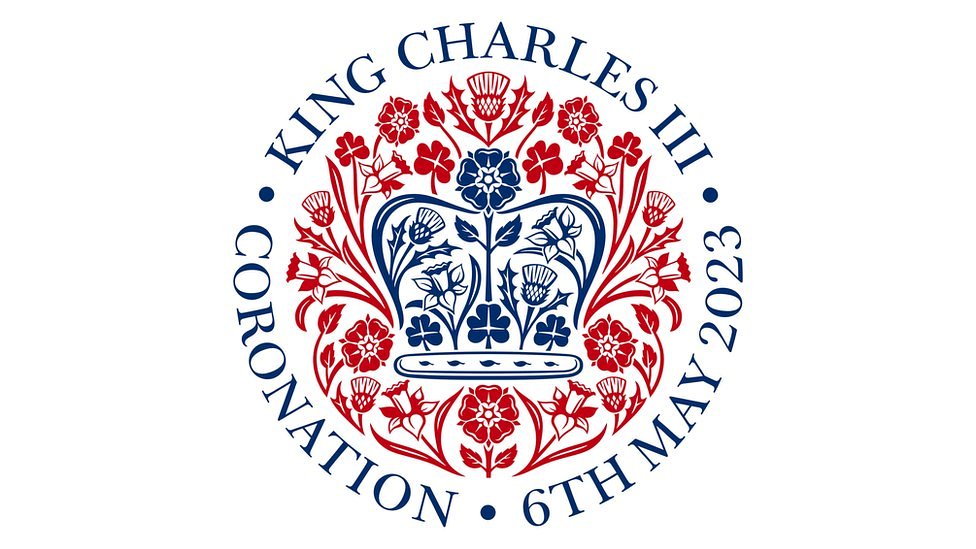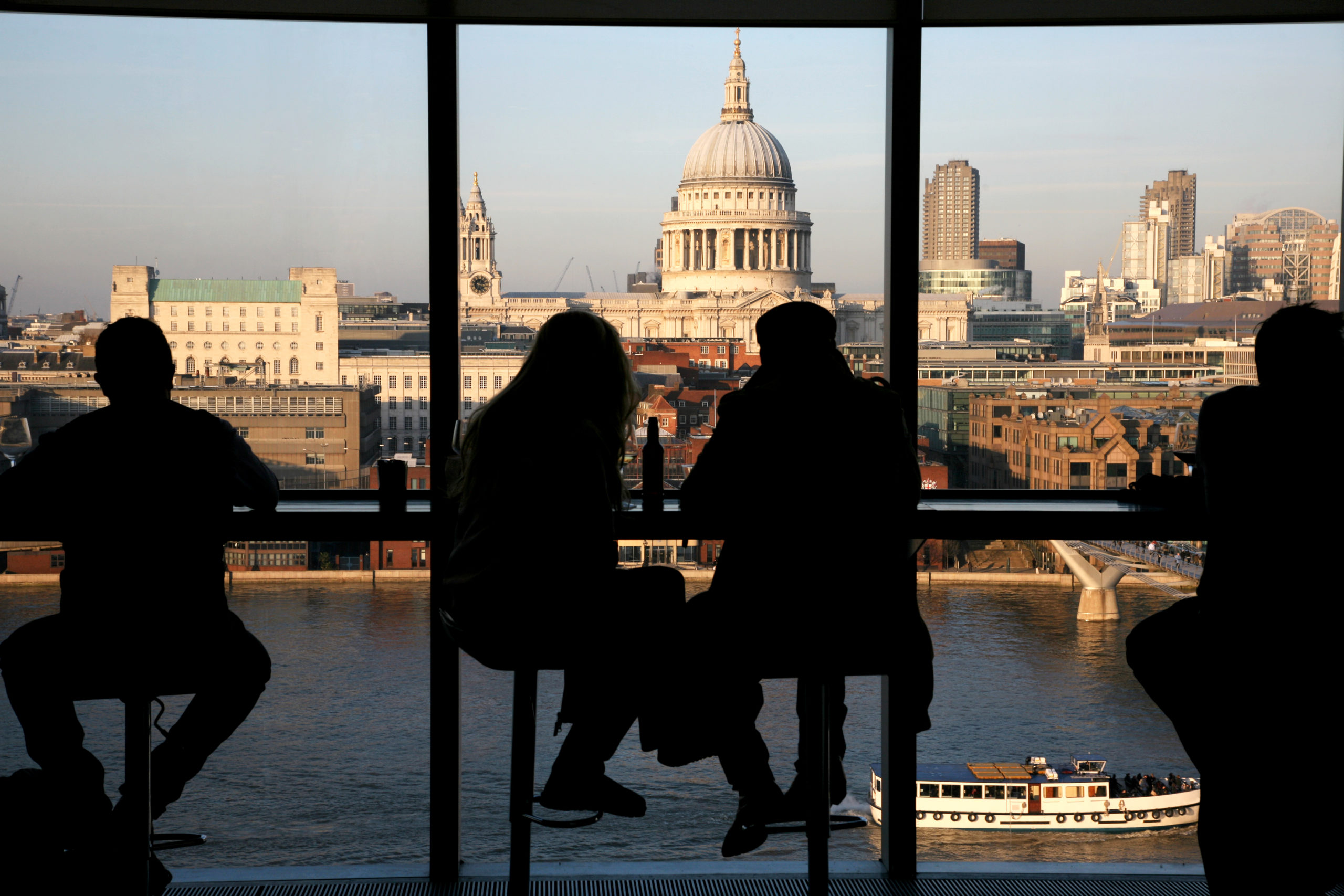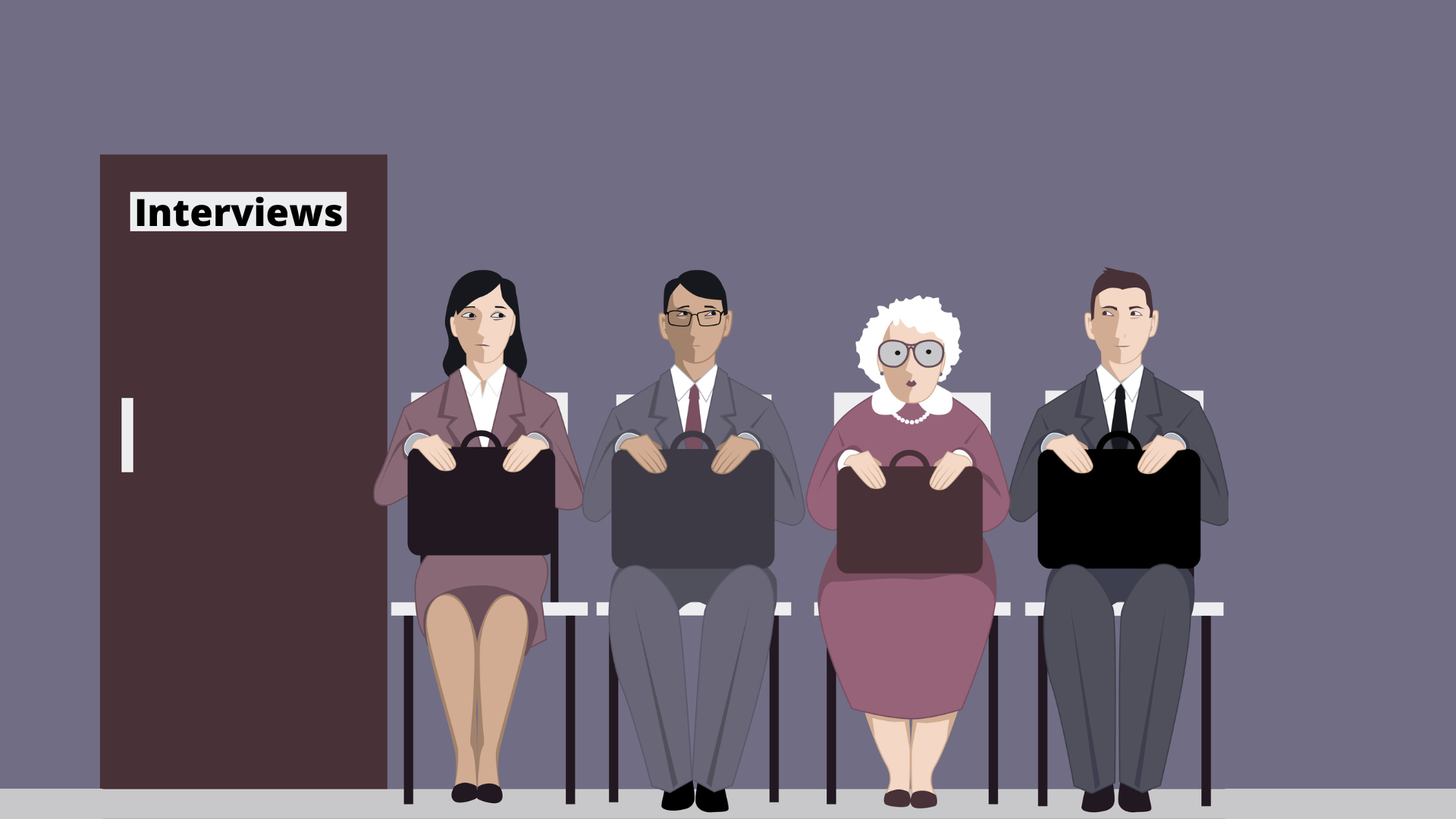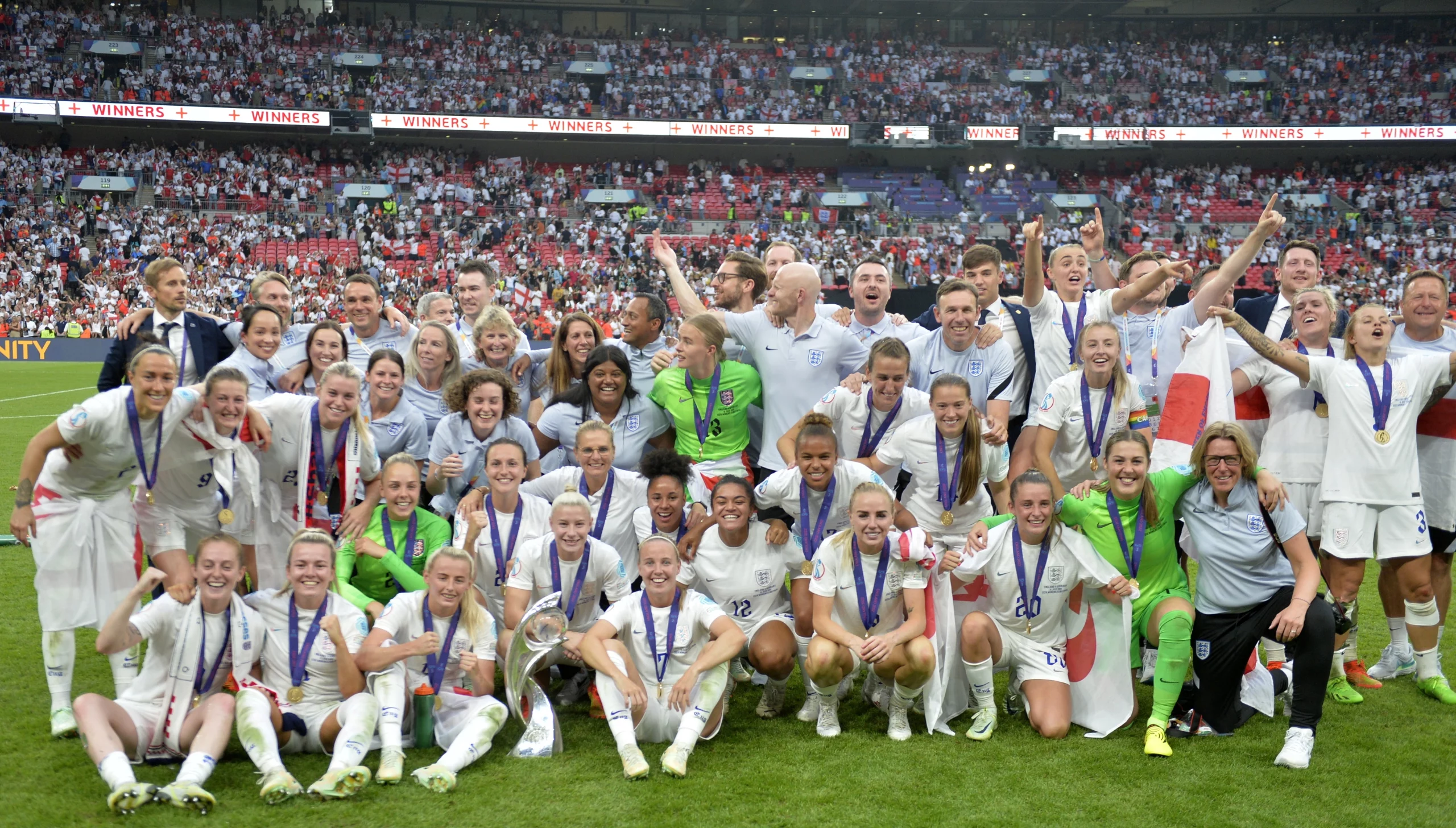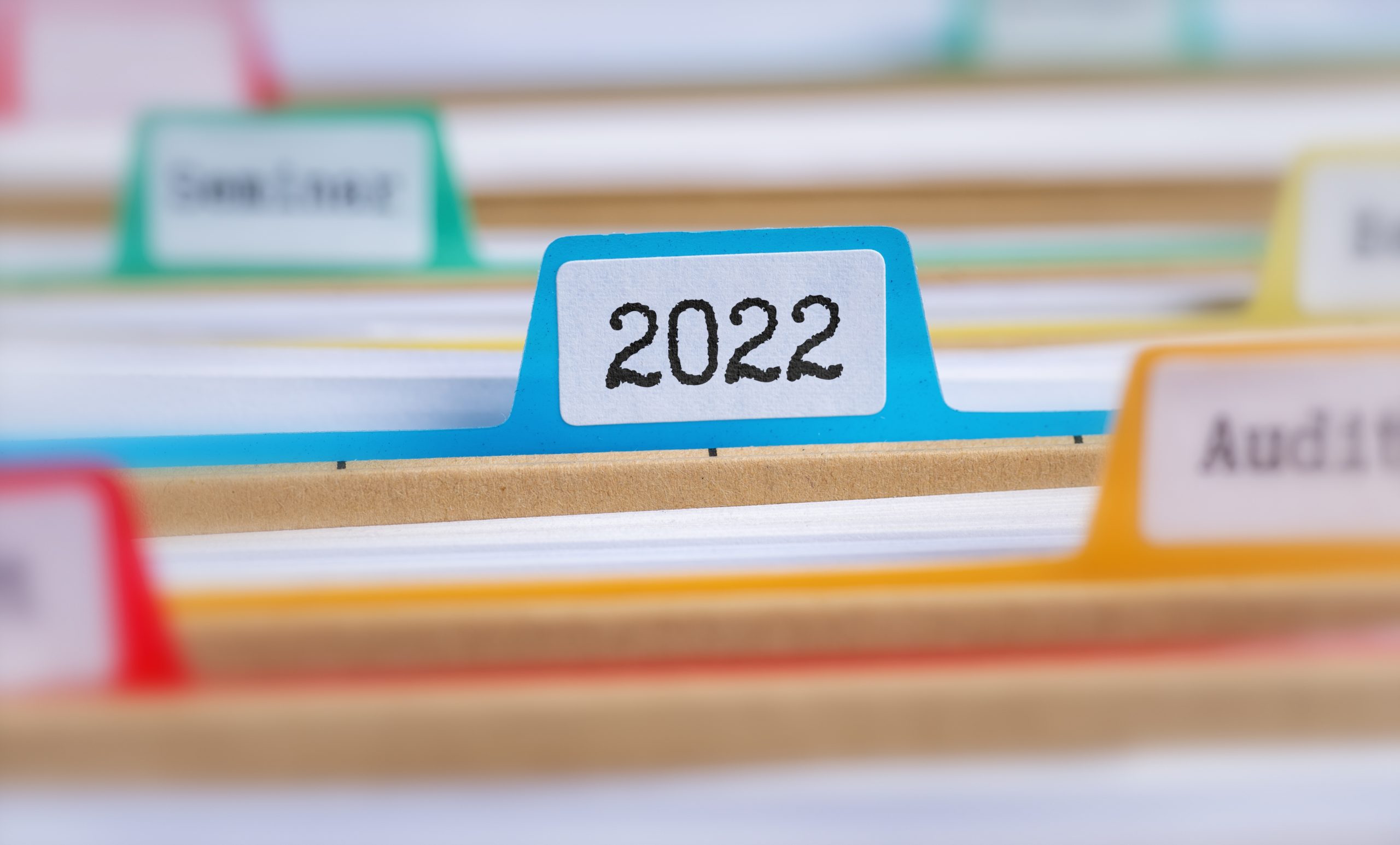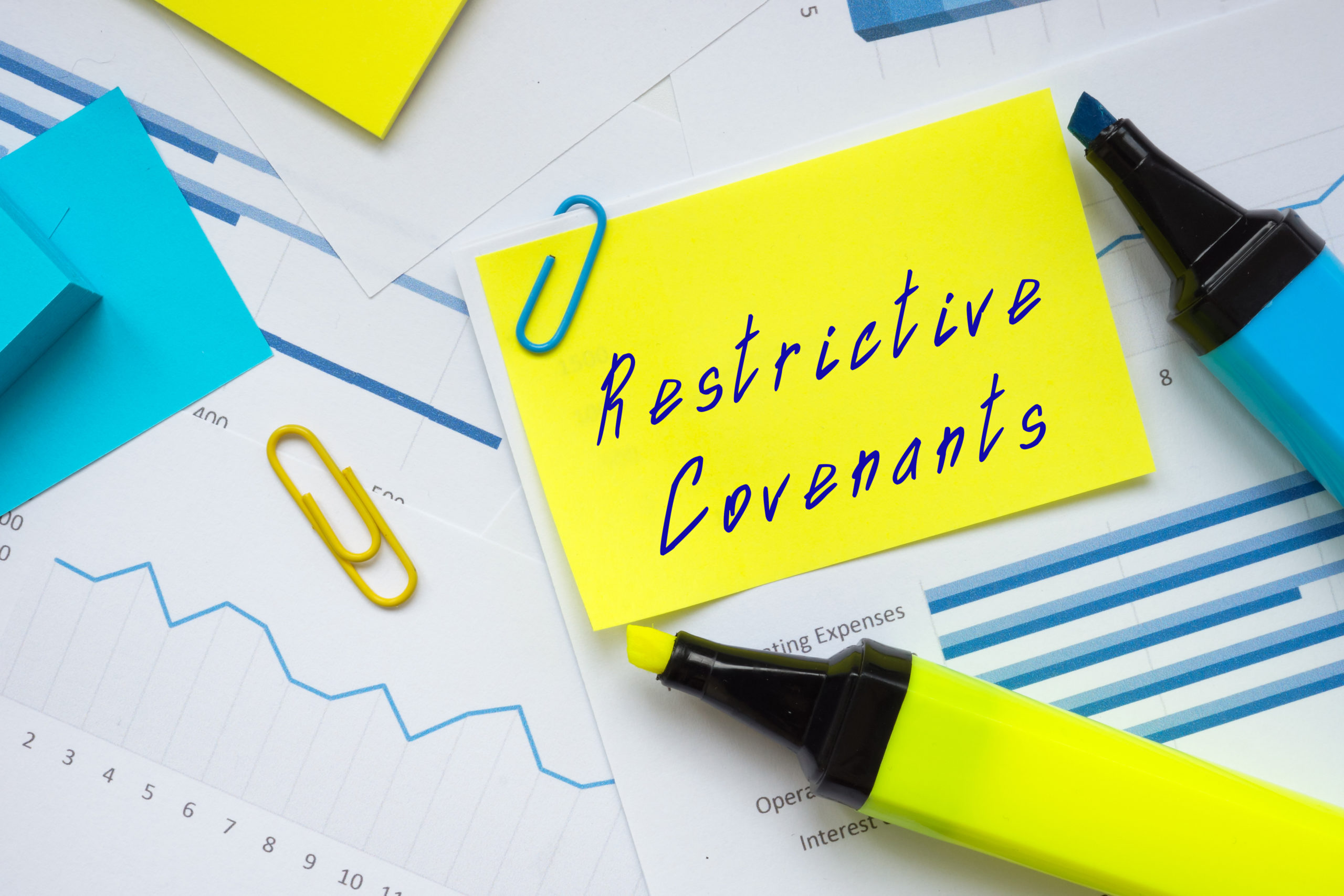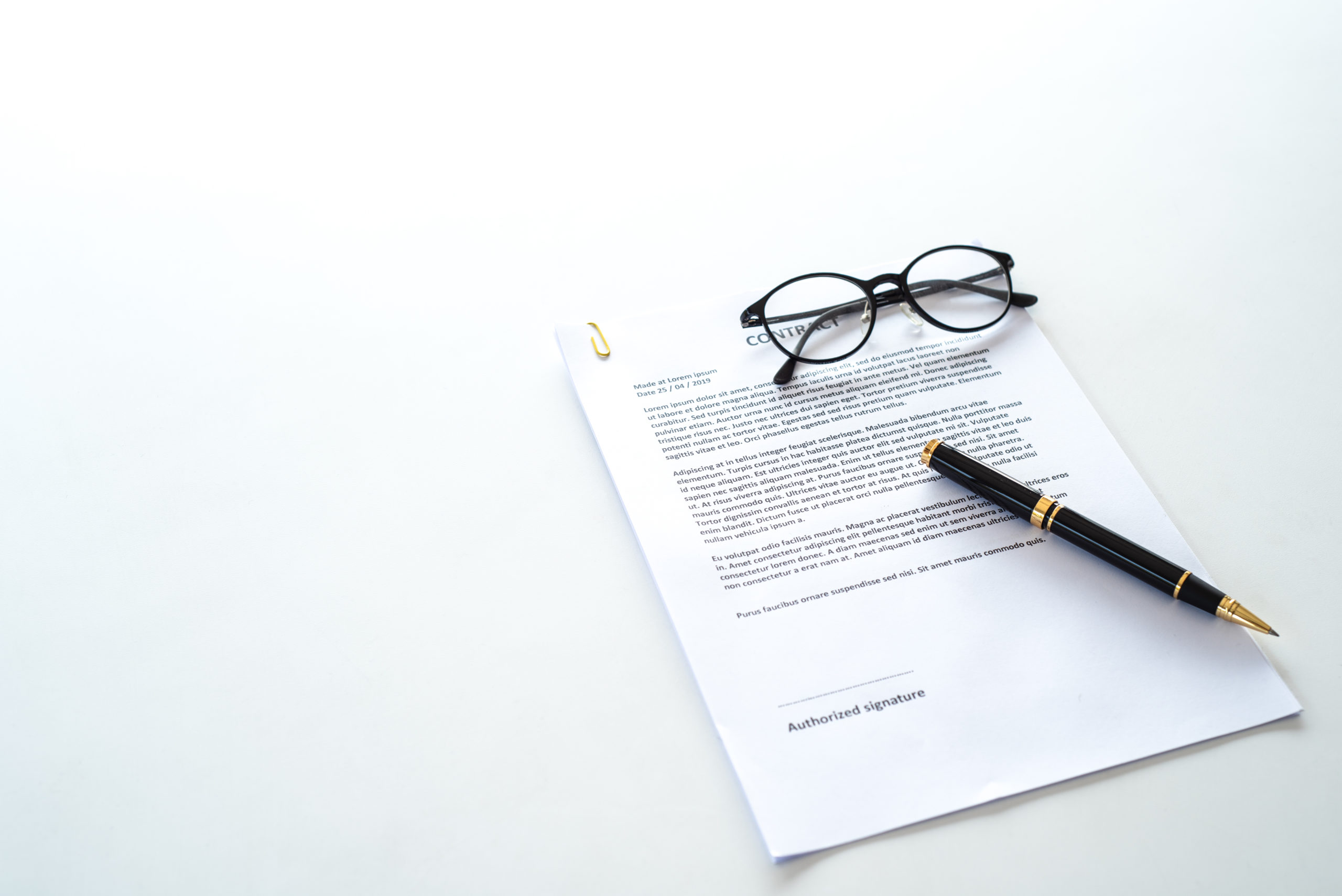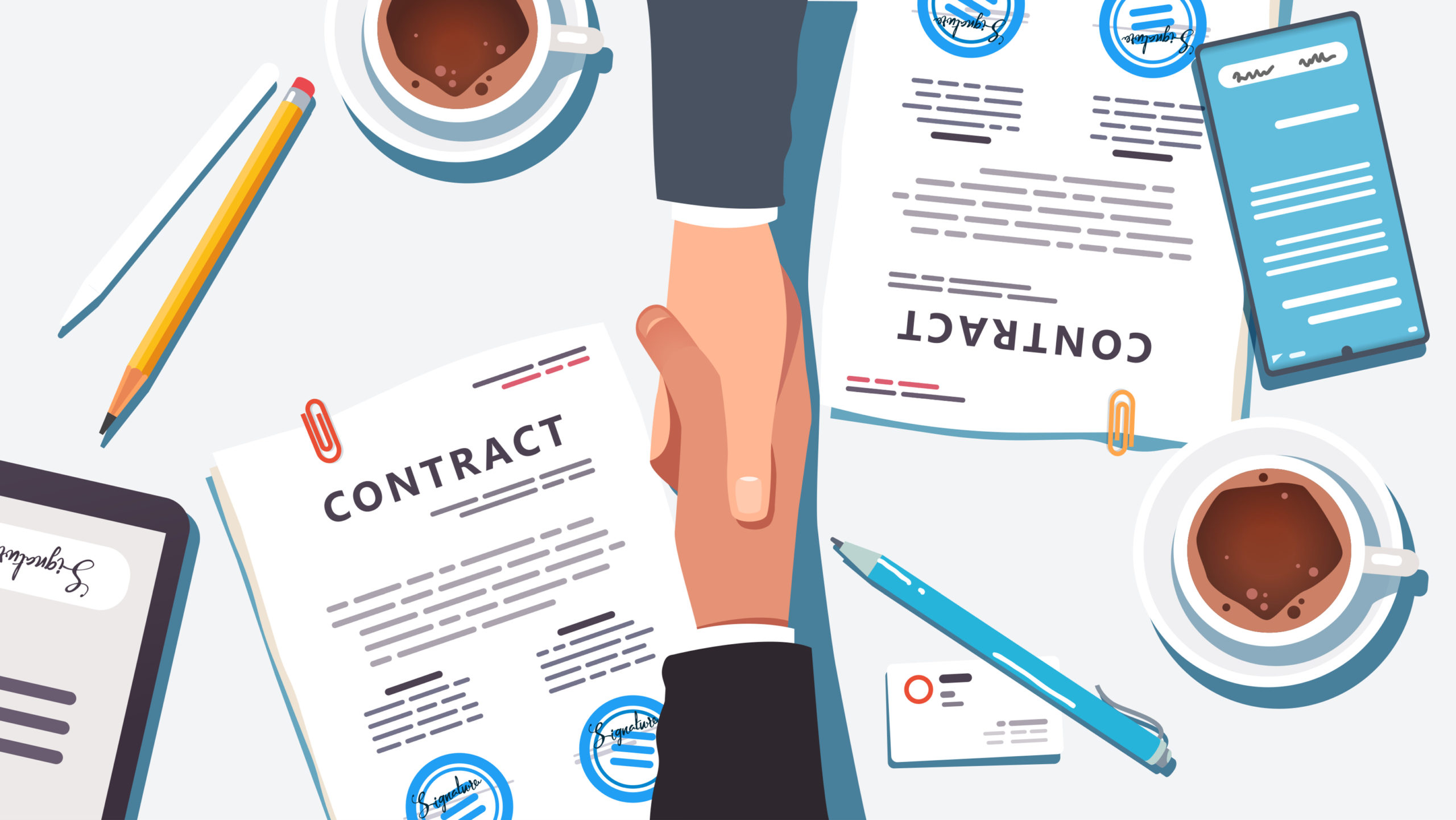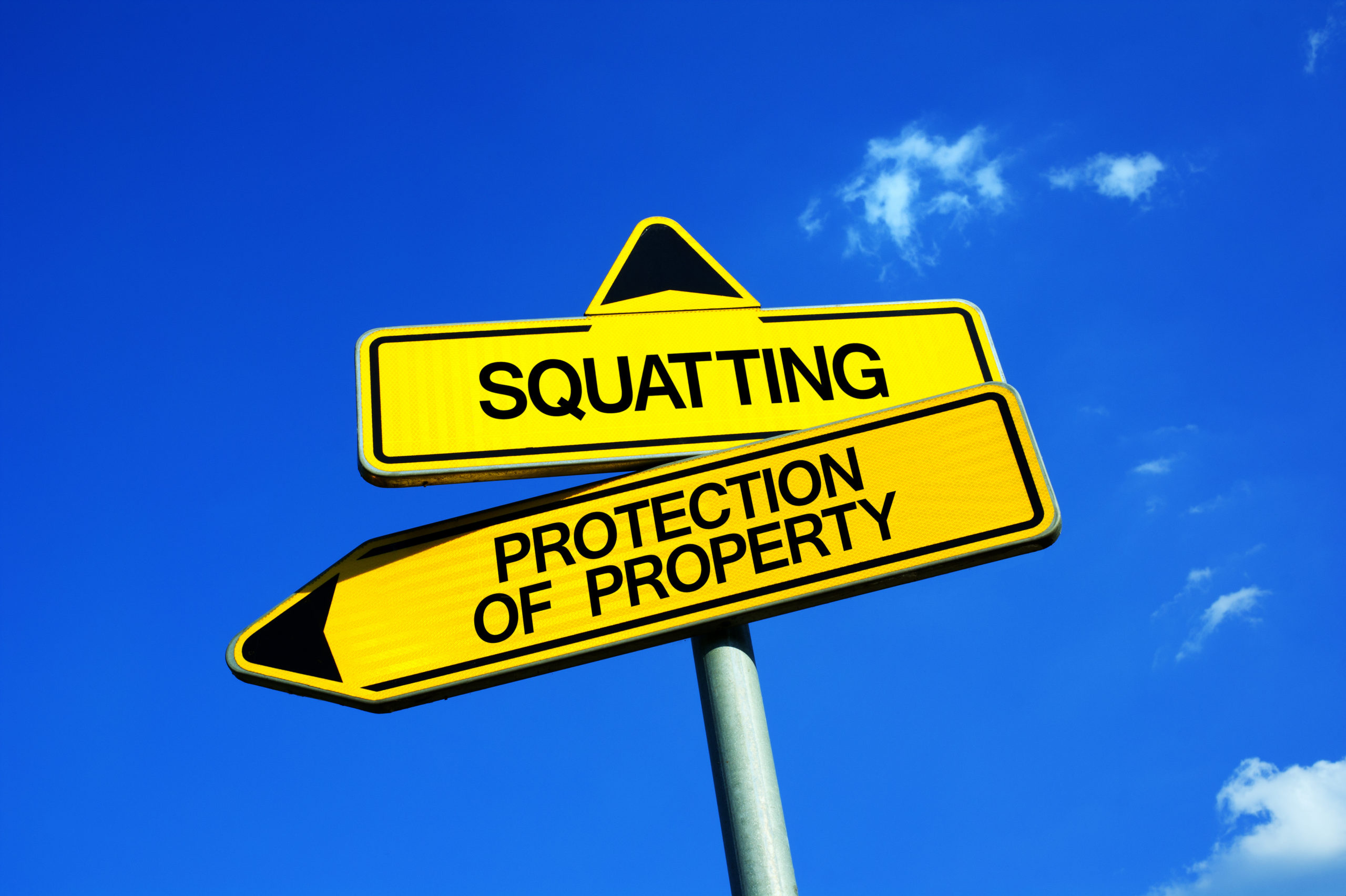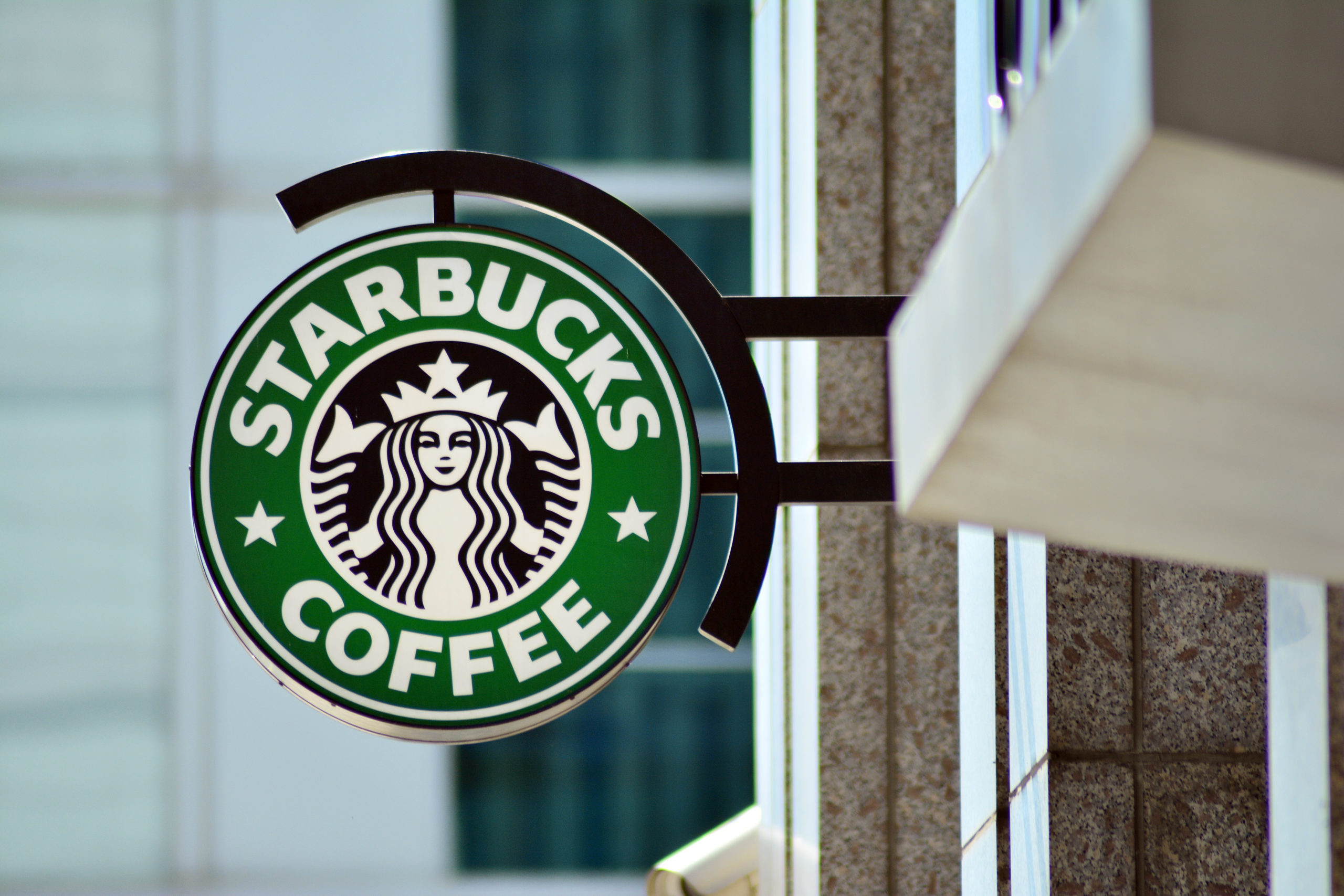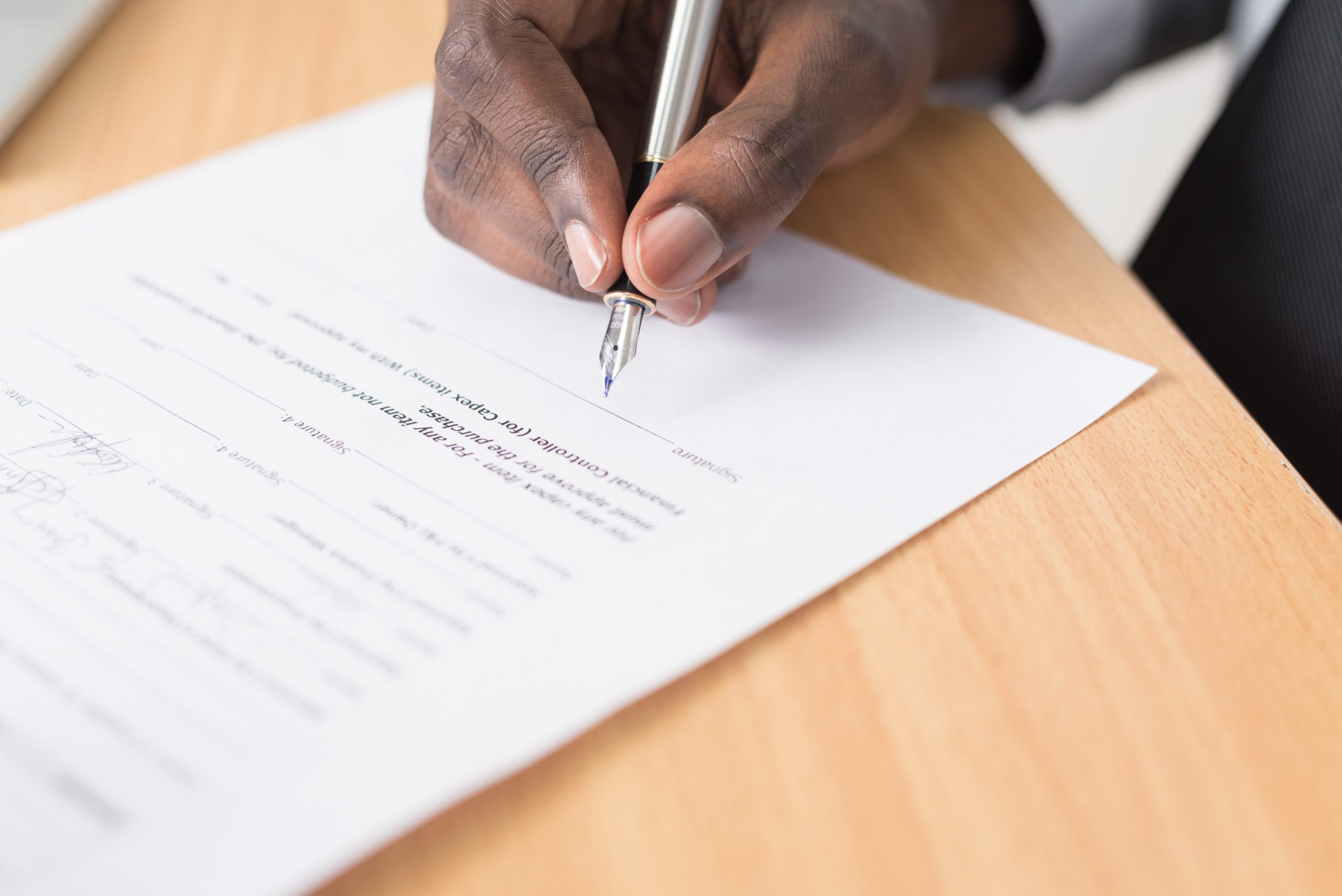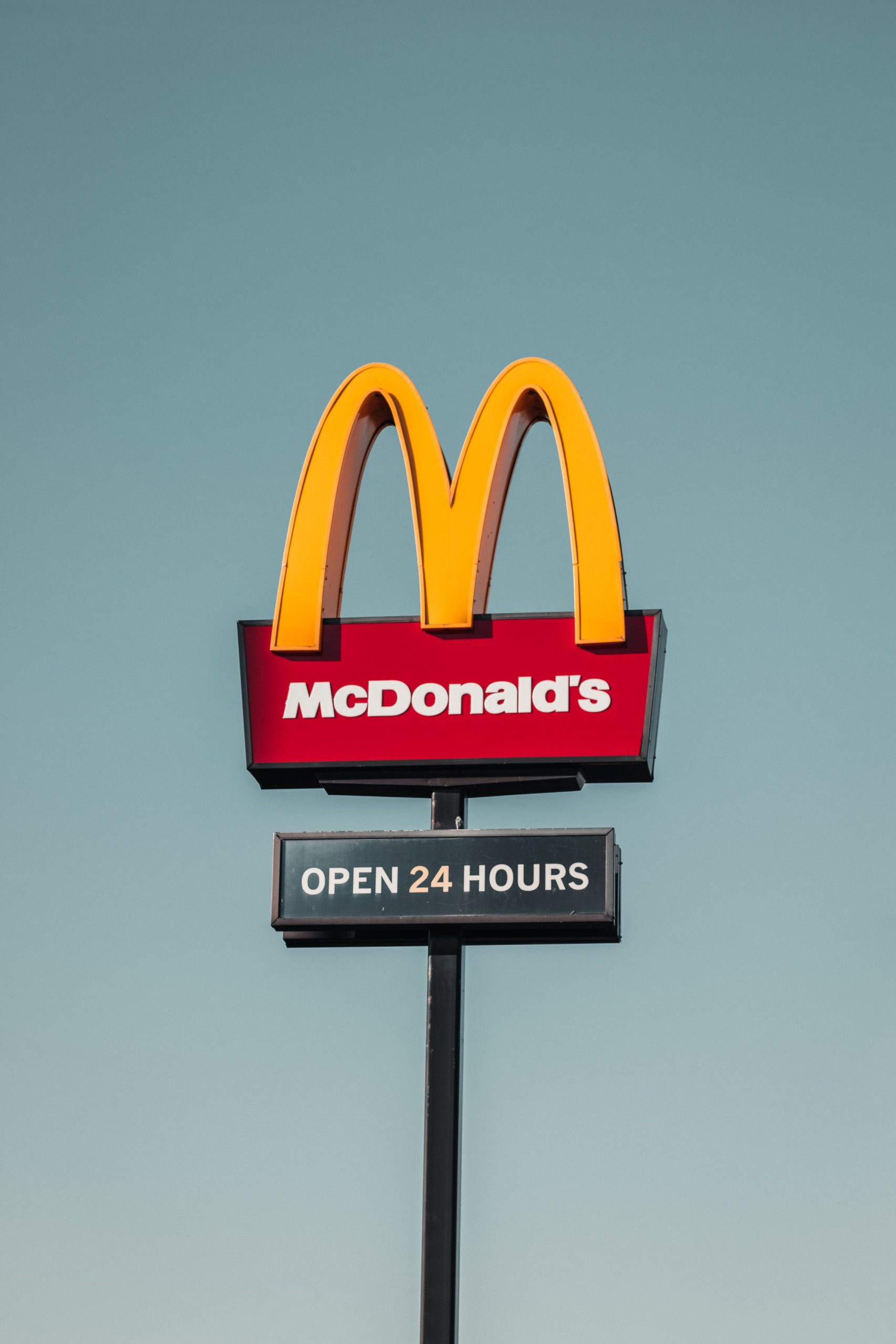Meghan Markle Vs The Media
Following the recent Netflix special documenting the story of Meghan Markle and Price Harry and their relationship with the British media and Royal Family, tabloid headlines continue to criticise the couple. In 2019 Meghan made a claim against Associate Newspapers Limited. Here, Partner James Corlett revisits how the court treated the copyright claim.
To refresh your memory, in February 2021, the High Court granted Ms Markle summary judgment on her claim for misuse of private information and also on the central issues of her copyright claim against the publishers of the Daily Mail, Mail on Sunday and the Mail Online website, Associated Newspapers Limited (“ANL”). For those unfamiliar with the background, Ms Markle’s claim related to the publication by ANL of articles which contained much of a letter which she had sent to her father in August 2018, shortly after her wedding to Prince Harry.
Ms Markle alleged that her letter was both private and also protected by copyright, and that the publication of the letter by ANL therefore involved a misuse of her private information, a breach of data protection legislation, and an infringement of her copyright.
ANL unsuccessfully appealed the decision to grant Ms Markle summary judgment and whilst much of the press coverage of the case was focused on the privacy aspects of the claim, we have focused on the copyright aspects of the case.
Copyright protects things such as written material, including, as in this case, letters. The copyright in the contents of the letter belongs to the person who wrote the letter that is, the author. To use someone’s copyright-protected letter without their permission is copyright infringement, unless an exception applies.
ANL argued that its use of the letter fell within a copyright exception, known as “fair dealing” for the purposes of reporting current events. But for this exception to apply, certain criteria have to be met, including that the purpose of the use is for reporting current events and the amount taken was fair. However, the judgment of the court found that the printing of the letter had been for the purpose of reporting its contents, which was not a current event. The court also ruled that the amount of material from the letter published by the newspaper had been too great to be fair and was irrelevant and disproportionate to any legitimate reporting purpose. For context, the extracts were both extensive quantitatively (circa 500 of the 1250 words) and, more importantly, the extracts contained the most important parts of the letter that being those which represented what Ms Markle thought of her relationship with her father and his conduct around the time of the wedding. ANL failed in its ‘fair dealing’ element of this defence, primarily because it was knowingly dealing with an unpublished work, it copied a large and important proportion of the work’s original literary content, the publication infringed her privacy rights, and the extent of the publication was completely disproportionate to any legitimate reporting purpose.
The court also disagreed with ANL’s submission that the use of material from the letter was in the public interest. ANL tried to persuade the court that Ms Markle’s rights were outweighed by ANL’s right to ‘freedom of expression’. This public interest defence can be used to stop copyright enforcement in the name of free speech, but it only applies in special circumstances. It is a very rare for this defence to justify copyright infringement, particularly where a fair dealing defence also fails.
ANL decided not to appeal further, likely to save itself from further expense and another defeat!
Whatever happens to Harry and Meghan given the latest round of revelations, one thing is for certain, Ms Markle and Prince Harry know how to protect their rights and they aren’t afraid to do so, giving a black eye to the press in this case..!
[This blog is intended to give general information only and is not intended to apply to specific circumstances. The contents of this blog should not be regarded as legal advice and should not be relied upon as such. Readers are advised to seek specific legal advice.]
By James Corlett




